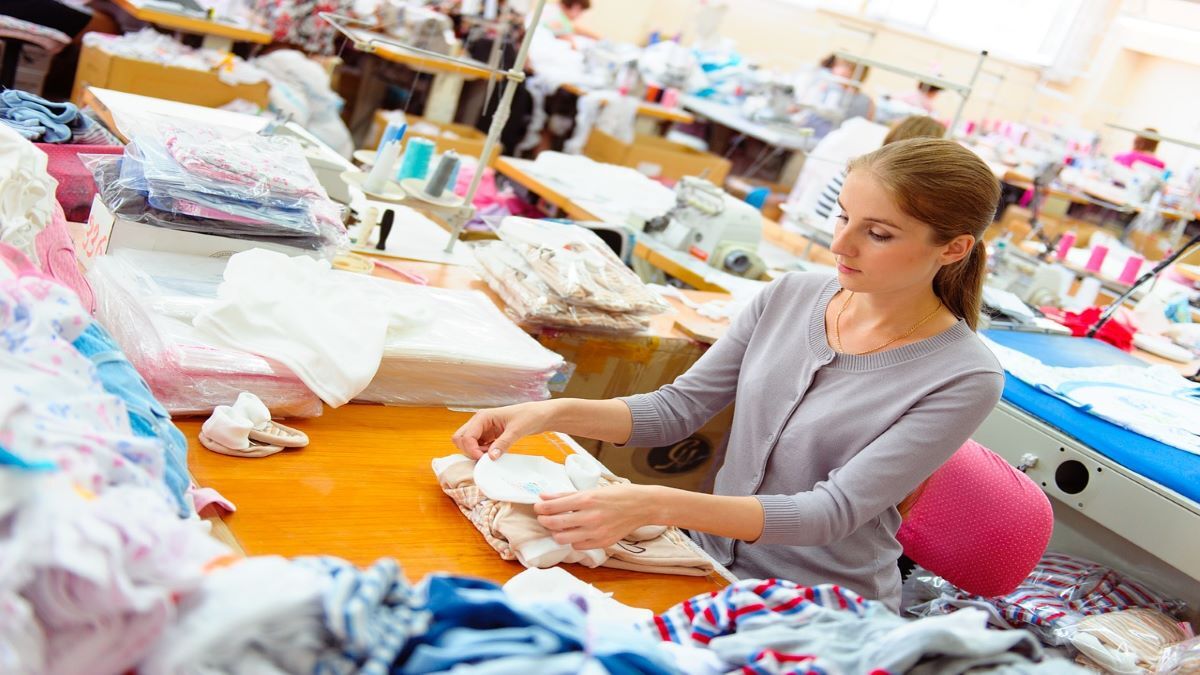Aeropostale, a U.S. retailer of casual apparel and accessories, is among 13 fashion brands that violate labor laws in the use of “sweatshops,” according to a global health and environmental advocate.
Aeropostale is among companies in the U.S. and overseas that “use sweatshops for the fabrication of its clothing items,” with Aeropostale even sending children to work in cotton farms in Uzbekistan, Alex Assoune wrote in a blog.
Other brands using sweatshops, according to Assoune, are Adidas, a sportswear manufacturer; ASOS, a British online fashion and cosmetic retailer; The Walt Disney Co.; Forever 21, a fast-fashion retailer; GAP; H&M, a Swedish multinational clothing retail company; Nike, Primark, an Irish fast-fashion retailer; Uniqlo, a Japanese casual wear designer, manufacturer, and retailer; Urban Outfitters; Victoria's Secret; and Zara, a Spanish fast-fashion retailer of clothing and other products.
“It's hard to believe but many fashion brands are still using sweatshops," Assoune said. "Child labor and modern slavery cases are still being reported, particularly in Asian developing countries such as Bangladesh, Indonesia, Sri Lanka and The Philippines. Clothing brands use these inhumane manufacturing methods to cheaply produce low-quality and disposable clothing for high-street stores.”
A sweatshop, according to the U.S. Department of Labor, is a factory that violates two or more labor laws, Green America said. The labor laws refer to child labor, wages and benefits and working hours.
“The youth employment provisions of FLSA [Fair Labor Standards Act] prohibit hiring employees under the age of 16 in manufacturing,” said the “Apparel Contractor Guide to compliance under the Fair Labor Standards Act. The manufacturing process includes cutting, sewing, trimming, pressing, and packaging of apparel. No one under 16 can work in a factory where manufacturing occurs.”
Although there are stronger labor laws in the U.S. “than most undeveloped countries,” an estimated 168 million children ages 5 to 14 in developing countries work at sweatshops, said 11 Facts About Sweatshops.” “Products that commonly come from sweatshops are garments, cotton, bricks, cocoa and coffee,”
The blog “How To Check If a Fashion Brand is Ethical” said consumers can check a fashion brand’s ethicality by looking “at where and how their clothes were made, from raw materials to chemical treatments, garments production, waste management and end of life-cycle.”
“Look for high transparency, lower frequency of new items, support for social causes and fair product pricing,” the blog said.

